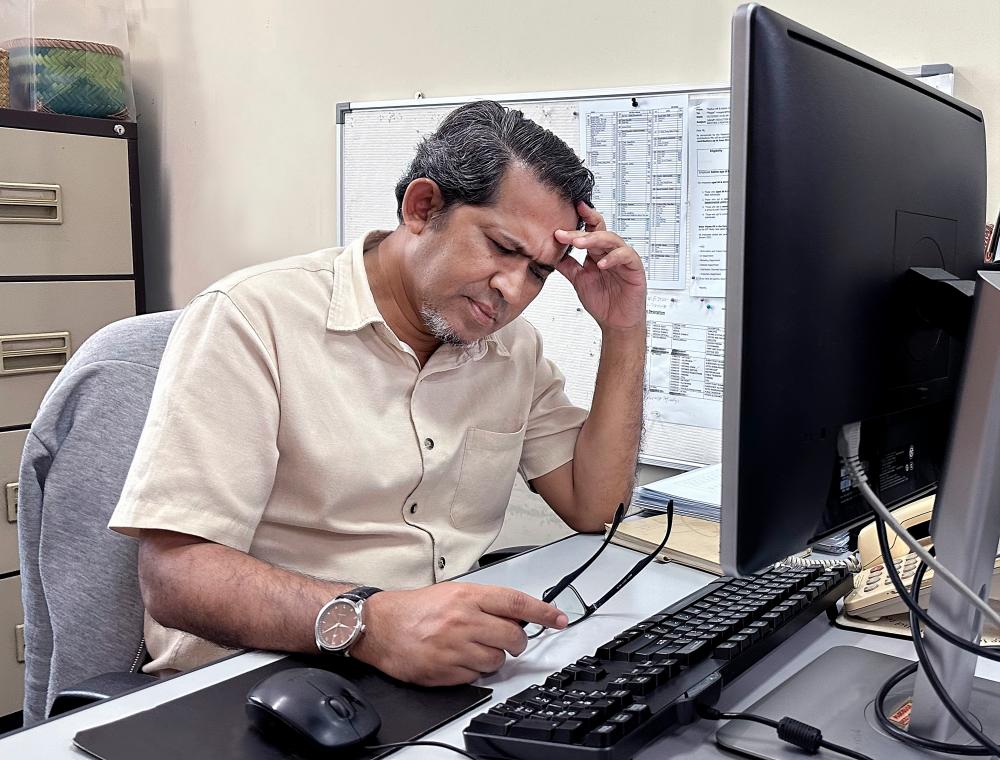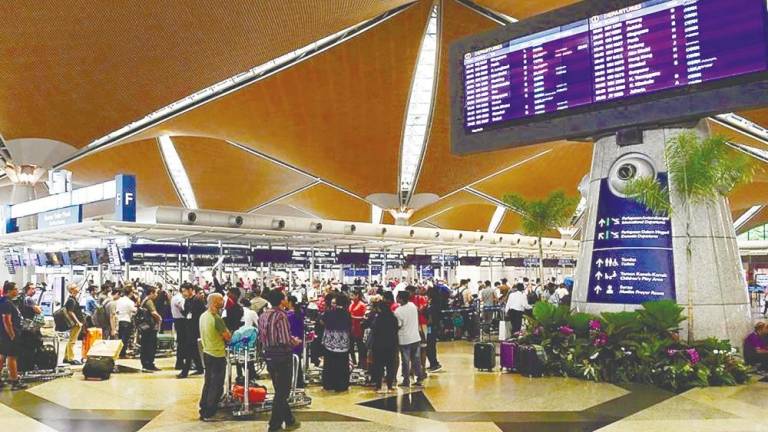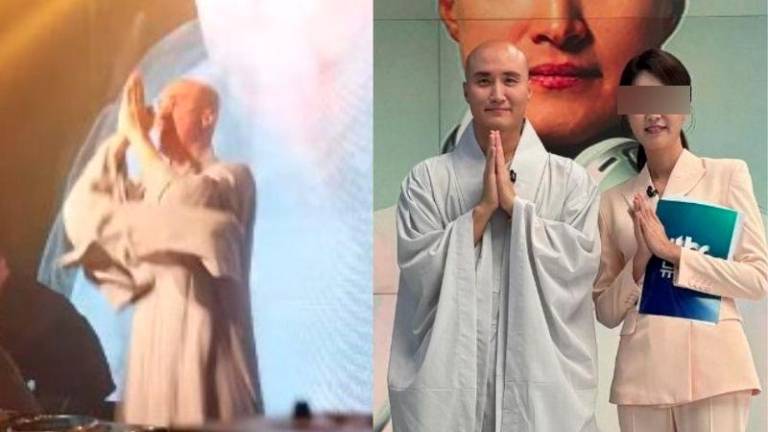IN an age where social media platforms serve as the epicentre of global discourse, the prevalence of derogatory language has reached alarming levels.
With over 1.6 billion users embracing the hyperconnected lifestyle, the consequences of this linguistic epidemic are far-reaching and profound.
Derogatory language not only undermines the fundamental principles of respectful communication but also inflicts deep wounds, particularly when associated with mental health.
Every derogatory word directed at mental health perpetuates stigma and exacerbates the suffering of those already grappling with such issues.
The onslaught of negative global news further compounds this issue, bombarding individuals with tales of conflict, economic turmoil and environmental crises.
Amid this chaos, social injustice, racial tensions and deteriorating moral standards loom large, contributing to a collective sense of vulnerability and fragility.
The insidious nature of derogatory language has permeated everyday conversations, masquerading as jokes or stress relievers while inflicting lasting harm on recipients.
Whether casual banter or heated arguments, the impact remains the same – undermining dignity and fostering division. Racial slurs, in particular, have become alarmingly prevalent, with Malaysia witnessing a surge in offensive remarks across various social media platforms.
The Malaysian Communication and Multimedia Content Code unequivocally denounces such language, recognising its potential to incite hatred and perpetuate discrimination.
Drawing from the insights of renowned scholars like Brene Brown, the correlation between derogatory language and dehumanisation becomes apparent. By reducing individuals to mere targets of verbal abuse, we strip them of their humanity and pave the way for moral exclusion.
Michelle Maiese, the chair of the philosophy department at Emmanuel College, defines dehumanisation as “the psychological process of demonising the enemy, making them seem less than human and, hence, not worthy of humane treatment”.
Dehumanising often starts with creating an enemy image. As we take sides, lose trust, and get angrier and angrier, we not only solidify an idea of our enemy but also start to lose our ability to listen, communicate, and practice even a modicum of empathy.
Social media touted as vehicles for global connectivity, have regrettably become breeding grounds for dehumanising behaviour. Shielded by anonymity and devoid of accountability, users engage in discourse that erodes empathy and fosters polarisation.
We must confront this scourge of derogatory language head-on. The media, as a powerful influencer of public opinion, must exercise responsible reporting and hold perpetrators of offensive language accountable. Only through stringent measures can we dismantle the culture of impunity that enables such behaviour to thrive.
As we navigate the complexities of the digital age, let us reaffirm our commitment to respectful discourse and empathy. Each word we utter carries weight, shaping perceptions and influencing attitudes.
In fostering a culture of inclusivity and compassion, we can harness the potential of social media to unite rather than divide. It is time we took action to tackle derogatory language and work towards creating a world where everyone is treated with dignity and respect.
The writer is a senior lecturer of Construction Management Studies at the School of Construction and Quantity Surveying College of Built Environment at Universiti Teknologi Mara in Shah Alam. Comments: letters@thesundaily.com











